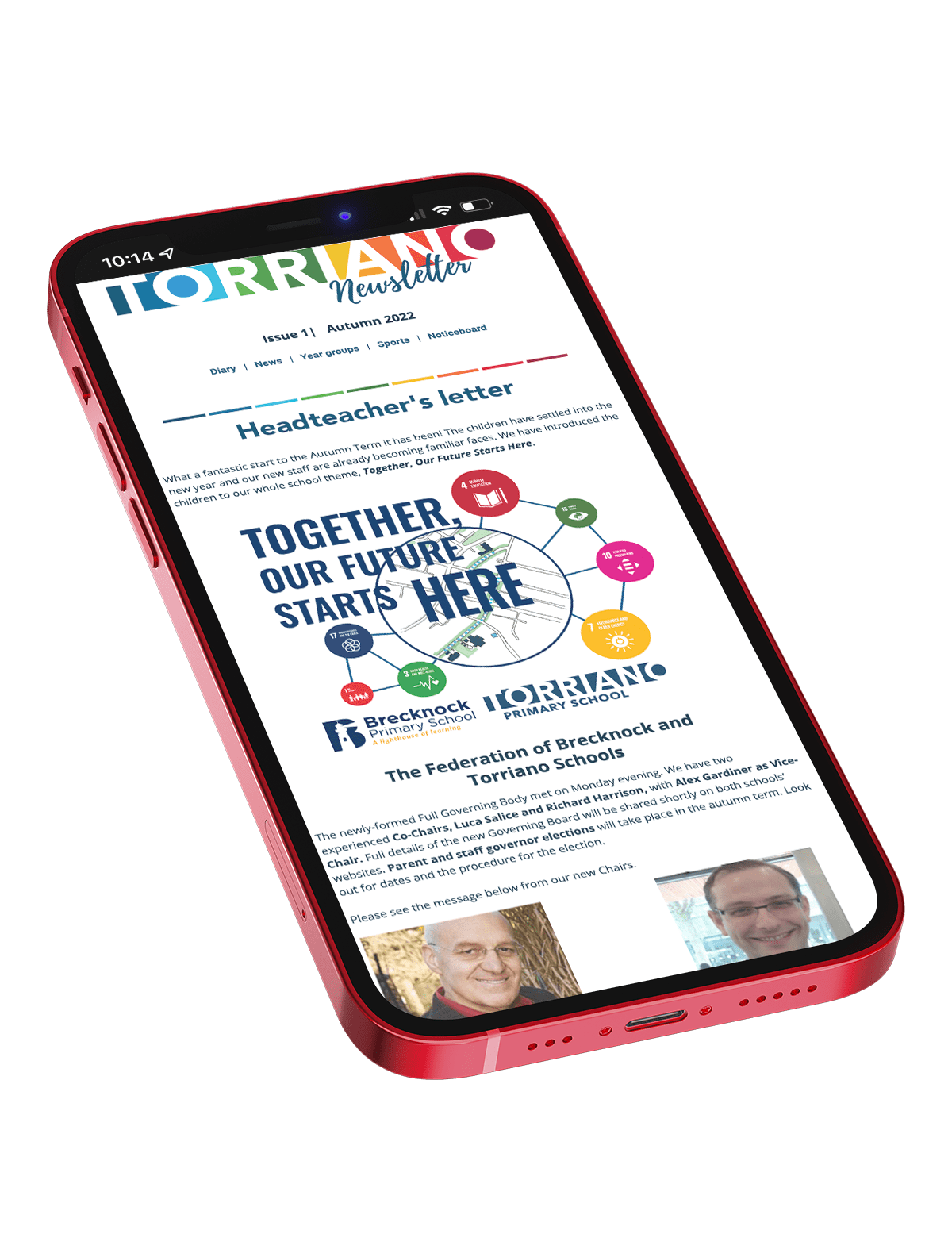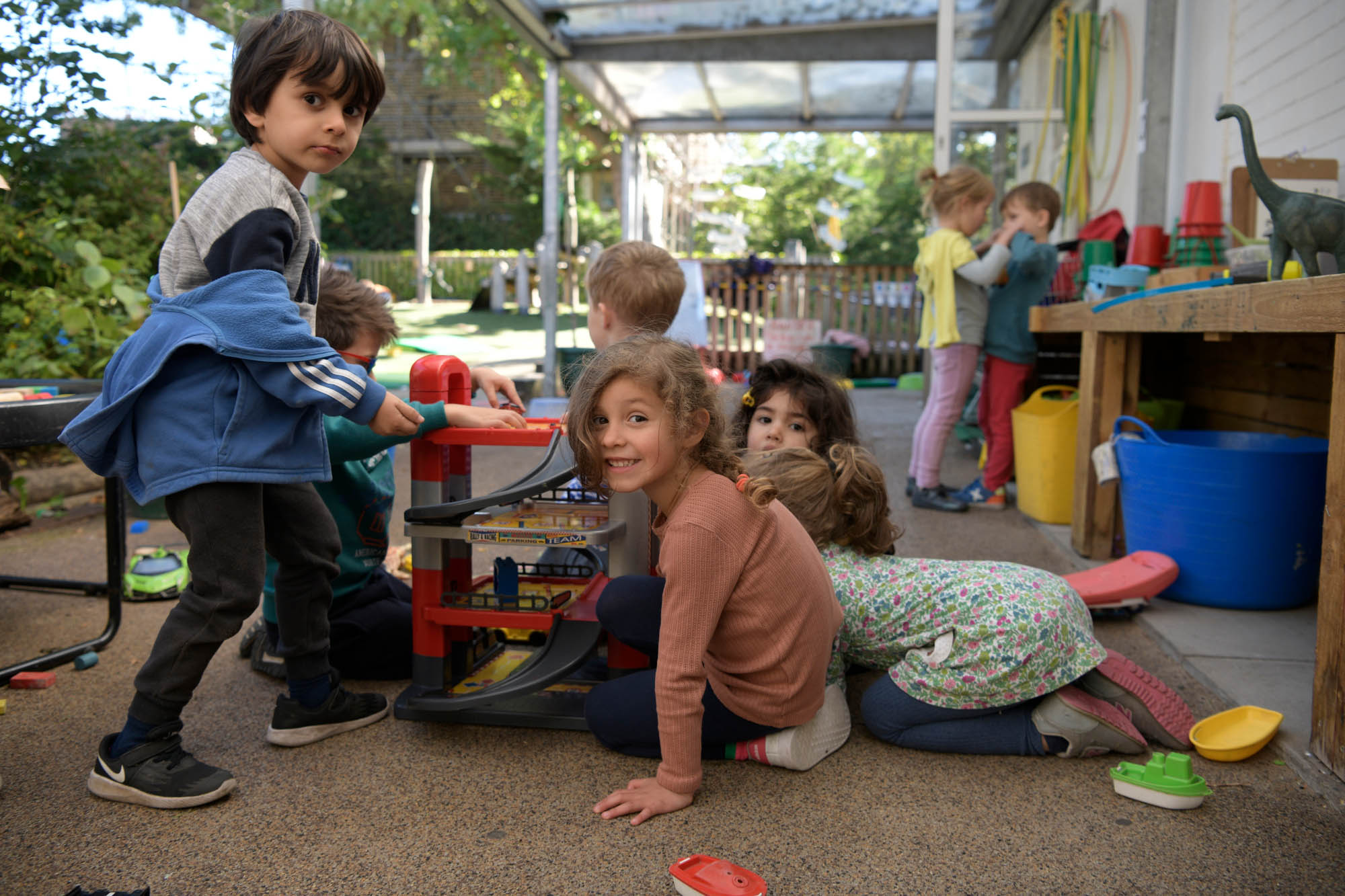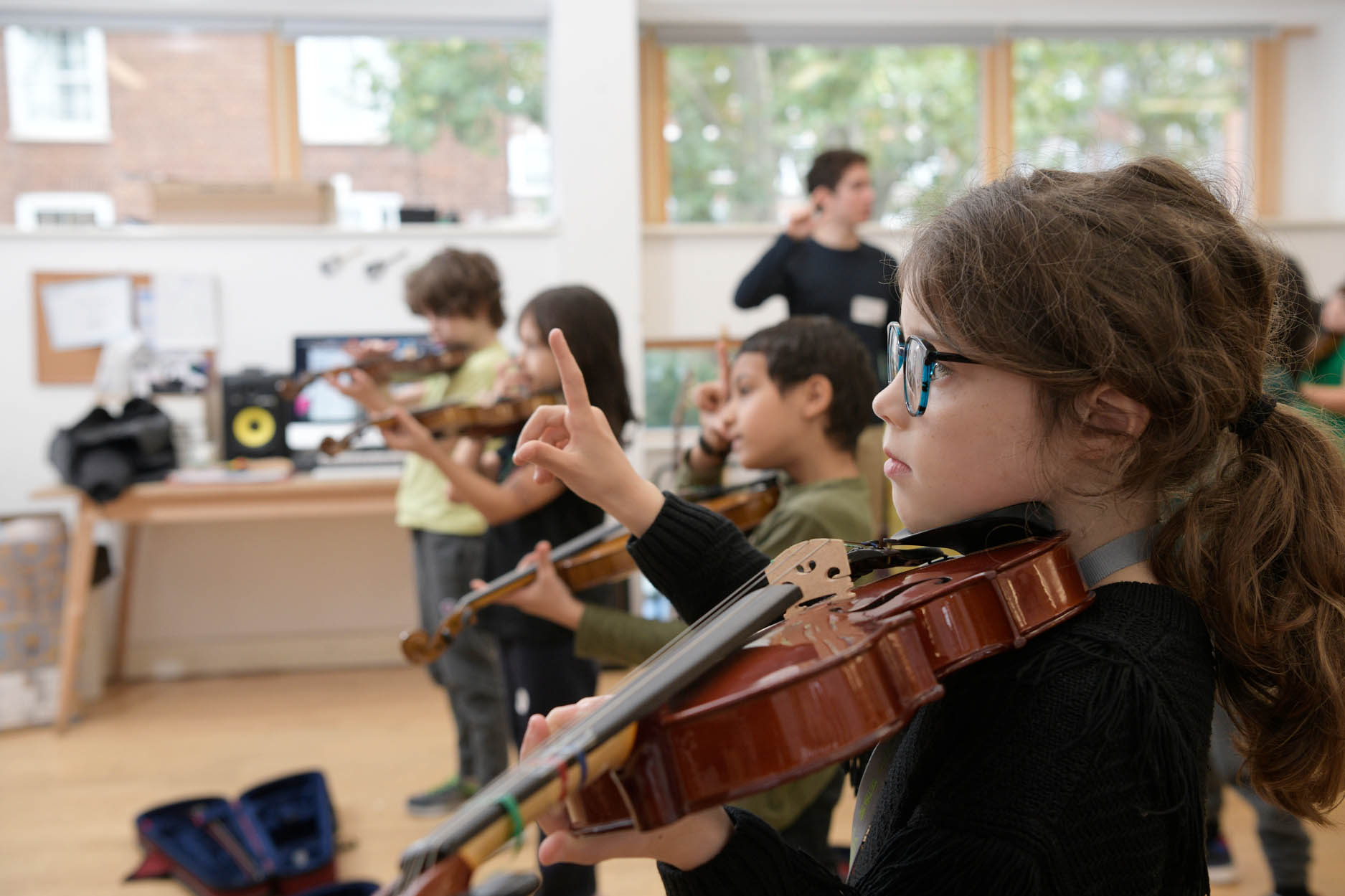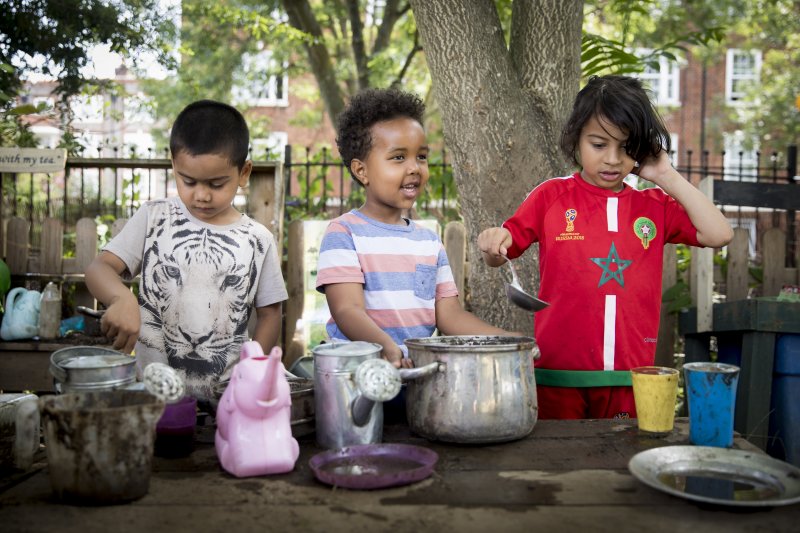Intent
Religion Education (RE) at Torriano Primary School gives children the knowledge and understanding of different religious traditions and worldviews, within the context of a maintained school with SACRE Determination Status. We teach them to appreciate the diversity of beliefs and values present locally, nationally and globally.
Knowledgeable learners

- We teach a well structured and carefully planned curriculum, which follows the Camden-agreed Syllabus for RE – ‘Living Difference’. This is planned through a concept based, enquiry approach which is enriched by philosophical and theological enquiry.
- Teaching of religion allows children to engage with and enquire into ‘Concepts’, such as celebration, symbolism or redemption, enabling them to make sense of the world.
- Children learn about concepts which are common to all people, for example remembering, celebration, compassion. These are known as A Concepts and are found in every year group.
- Children learn about concepts which are shared by many religions, for example worship, symbolism, sacred texts. These are known as B Concepts and are mostly found in KS2.
- In upper KS2, children learn about C concepts, these are distinctive to particular religions, for example, dukkha, redemption and Torah.
- Children understand how the concepts and ideas with lessons relate to their own beliefs, as well as world faiths.
- The RE curriculum aims to “reflect the fact that the religious traditions in Great Britain are in the main Christian, while taking account of the teachings and practices of the other principal religions in Great Britain” (Education Act 1996). Therefore Christianity has a greater presence throughout the key stages than other traditions particularly at major festivals such as Easter and Christmas. We have however ensured that the traditions covered represent our local community and the wider community, and therefore children also learn about Judaism, Islam, Hinduism and Buddhism, and are introduced to Humanism and Sikhism.
Confident Communicators

- A range of oracy activities and techniques are used to explore themes and concepts through religious and personal perspectives, including teaching specific vocabulary.
- Each unit of work has a ‘Communicate’ section, where we encourage children to share their personal knowledge using taught vocabulary. This enables them to use their oracy and listening skills to express their world view and to hear how it differs between others and their own.
- Children have the opportunity to respond from their own experience before being introduced to the way others appreciate things. This gives our children the chance to evaluate; that is to make a judgement about why something is important for someone else as well as to discern what may be important to themselves.
Active citizens

- We develop pupils’ abilities to pose questions, share opinions and debate different attitudes, experiences and assumptions around RE.
- We teach children about practices of faiths by asking questions of believers, observing practices and ways of living. This will be done through links and visits with different faith groups.
- All children are supported to fully access the curriculum through the use of visual aids and religious artefacts.
- We encourage all children to respect and accept one another’s differences, therefore it is essential that all children learn about different religions and beliefs including secular/non-religious beliefs.
Implementation
- RE lessons are delivered over a whole day each half term and the world’s faiths studied in depth are Christianity, Islam, Judaism, Hinduism, Buddhism and Sikhism. This reflects the majority faiths in our school community and in Camden. This blocked out time helps children form a connected view of their particular concept.
- Lessons are taught by the class teacher and on occasion, visitors may be invited in to share their experiences of religion. These could include faith leaders, families or staff.
- Collective worship takes place on a daily basis and children are given a moment of reflection where they can reflect upon their faiths or their response to a particular stimulus.
- Whole school assemblies mark religious festivals throughout the year.
- In EYFS lessons begin with personal experiences including families sharing their beliefs and include visits to local places of worship.
- In KS1, children begin to explore religions in their local area in more depth eg. Christianity, Islam and Judaism. They begin to make links between concepts within religions through whole school assemblies and lessons leading to comparisons with faith and their own personal experiences.
- In KS2, children build upon their knowledge from KS1 exploring more complex themes through a wider range of world faiths as well as non-religious world views.
Impact
Through our teaching of religion, children are able to explain concepts by reflecting on contrasting religions and understand the complexity and diversity of religion including making links between different faiths. Children learn to respect differing beliefs to their own including non-belief. Children at Torriano are interested in learning about other faiths, feelings and values and respect these differences.
Please click for the RE Progression Document.





